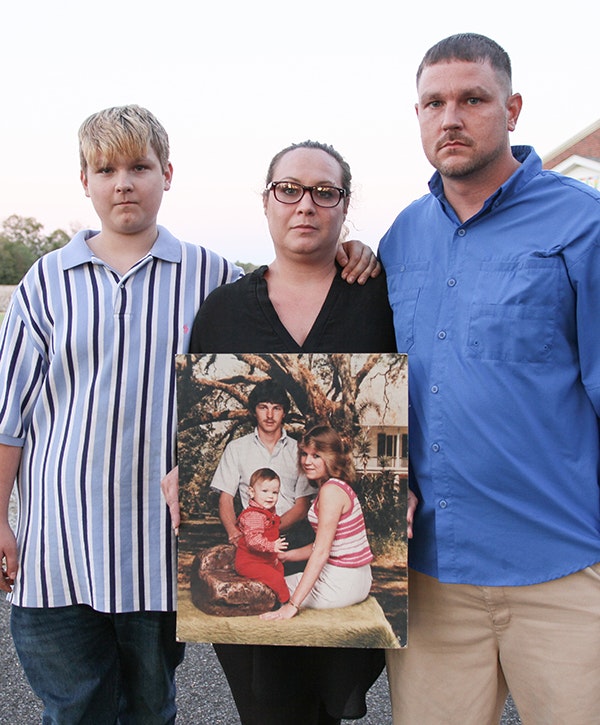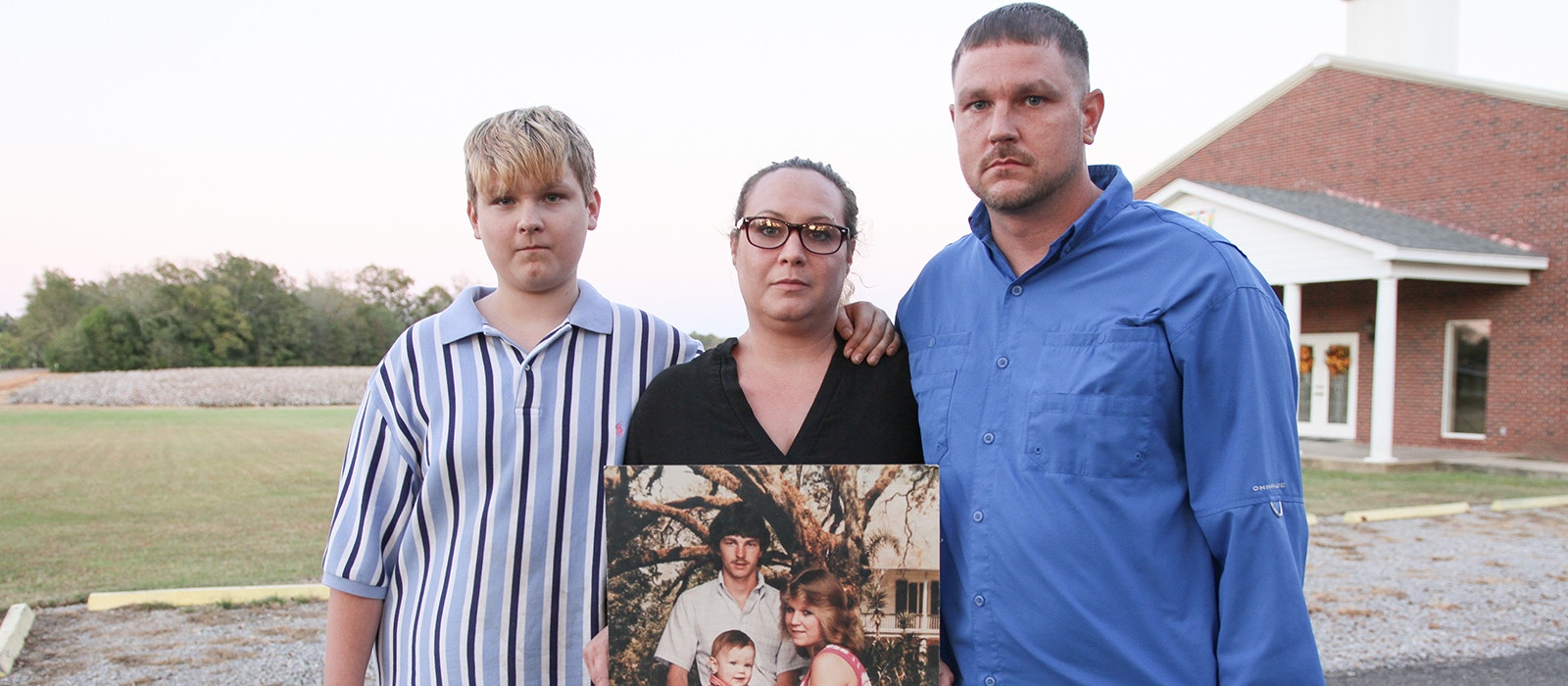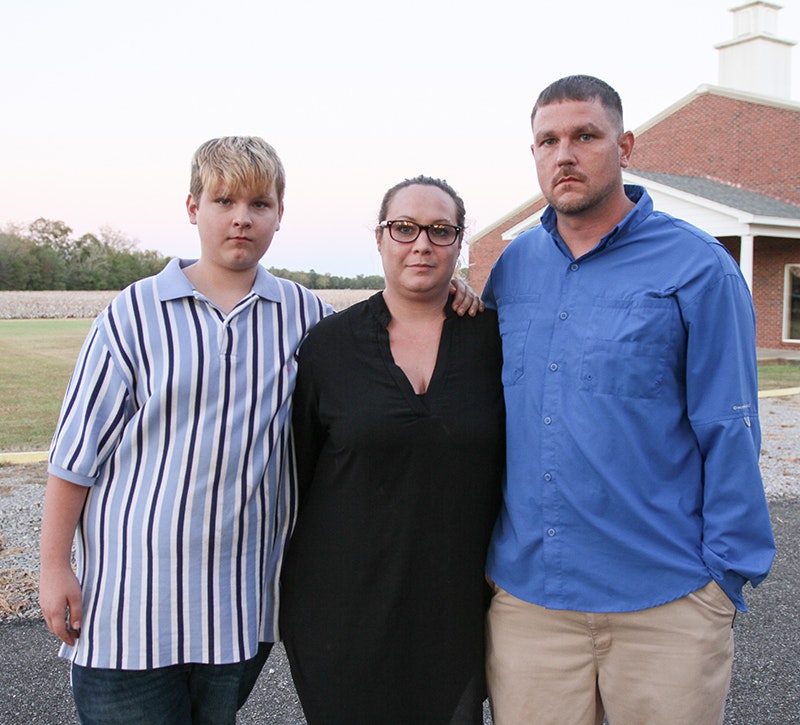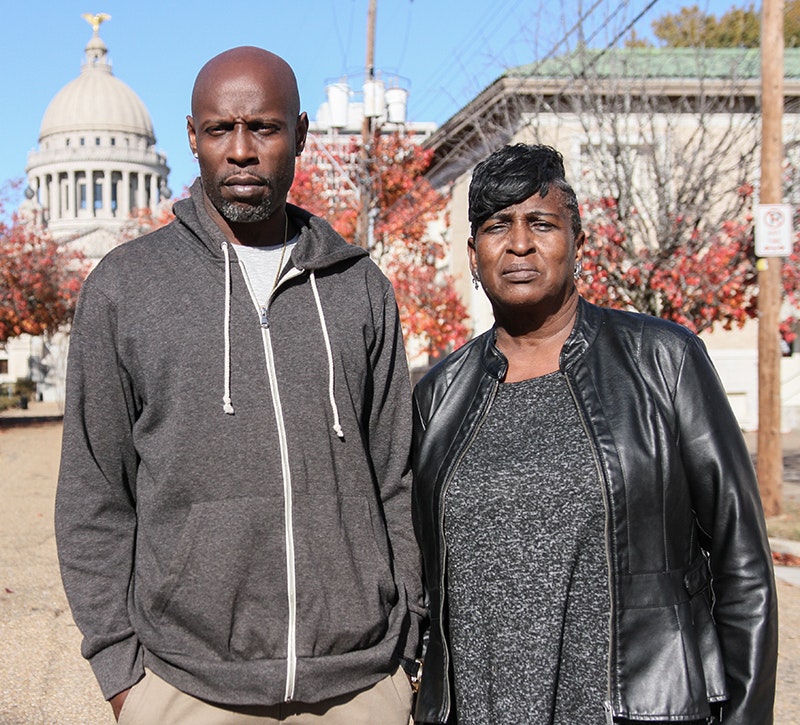The United States is gripped by an incarceration crisis, driven in large part by harsh sentences that land people in prison for years, decades, and, in some cases, the rest of their lives. This crisis, fueled by these harsh sentences, doesn’t just affect incarcerated people. It also tears families apart, destabilizes homes, and devastates and traumatizes millions of loved ones and children across the country.


Long and life sentences have plagued our nation for decades
Beginning in the 1970s with the advent of “tough on crime” political rhetoric, states across the country began enacting harsher sentences for a host of offenses and expanding eligibility for life, life-without-parole, and juvenile-life-without-parole sentences. These policy changes directly contributed to the exponential rise in incarceration rates that occurred in subsequent decades and led to millions of Americans experiencing the harmful effects of long-term incarceration.
Nearly one-third (31 percent) of Black adults have had an immediate family member incarcerated for more than one year, more than three times the rate of white adultsThe Growth of Incarceration in the United States: Exploring Causes and Consequences
One in seven people has had an immediate family member incarcerated for longer than one year
In 2018, FWD.us worked with researchers at Cornell University on a national survey to estimate the share of people living in America who have had an immediate family member spend time behind bars. The results demonstrate how common it has become for families to deal not just with incarceration but also with long prison terms. One in seven people has had an immediate family member incarcerated for longer than one year, and one in 34 has had an immediate family member incarcerated for more than 10 years. We also found that long sentences do not impact all communities equally. Nearly one-third (31 percent) of Black adults have had an immediate family member incarcerated for more than one year, more than three times the rate of white adults (10 percent).
Supporters of long sentences argue that they improve public safety by deterring crime and keeping “dangerous” people off of the streets. But decades of research have shown that these arguments are just not true. The National Academy of Sciences recently declared long sentences “ineffective as a crime control measure,” and other studies have found that they are not effective remedies for problems like addiction and violence.
Even a single night in jail can be destabilizing and traumatic for the people and families involved
Long sentences cause immense harm to families
While they do nothing to improve public safety, long sentences cause immense harm to families. Even a single night in jail can be destabilizing and traumatic for the people and families involved. These consequences are magnified the longer a person is incarcerated, and long prison sentences impose a whole new set of challenges on families that are separated for years or even decades. When the incarcerated person is a parent, these consequences are especially severe. Over half of incarcerated parents reported that they were the primary financial support for their families. And when mothers are incarcerated, their children are often displaced from their homes and frequently placed in foster care. The trauma that these families experience leads to a wide range of negative impacts such as reduced earnings, housing instability or homelessness, poorer school outcomes, and mental health issues.
Moving forward
FWD.us is focused on reducing the number of people incarcerated across the United States. Research has clearly shown that long sentences are a key driver of our nation’s incarceration crisis, while not making our communities safer. That’s why reforming harsh sentencing laws is a key policy priority in many of our state campaigns. Over the coming months, we will continue to detail the devastating impact of long sentences and how we are working to bring about long-needed sentencing reform.
Tell the world; share this article via...
Get Involved
We need your help to move America forward. Learn what you can do.





